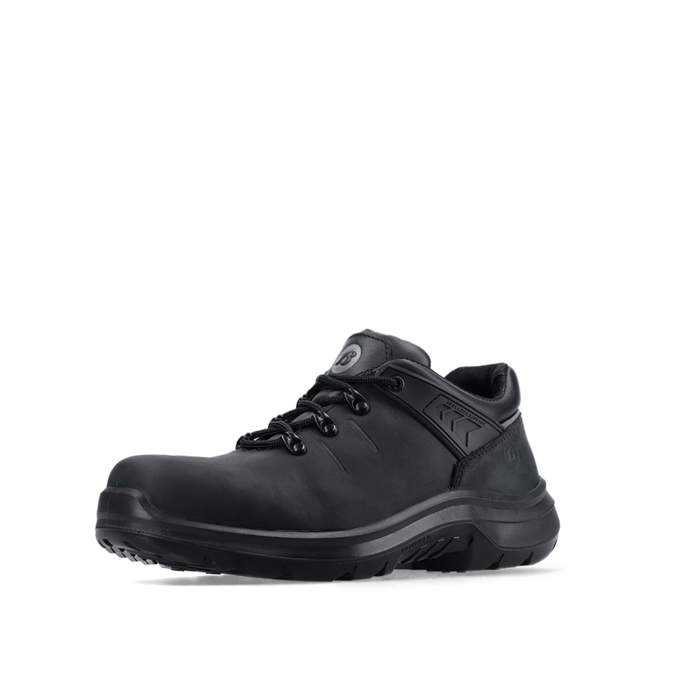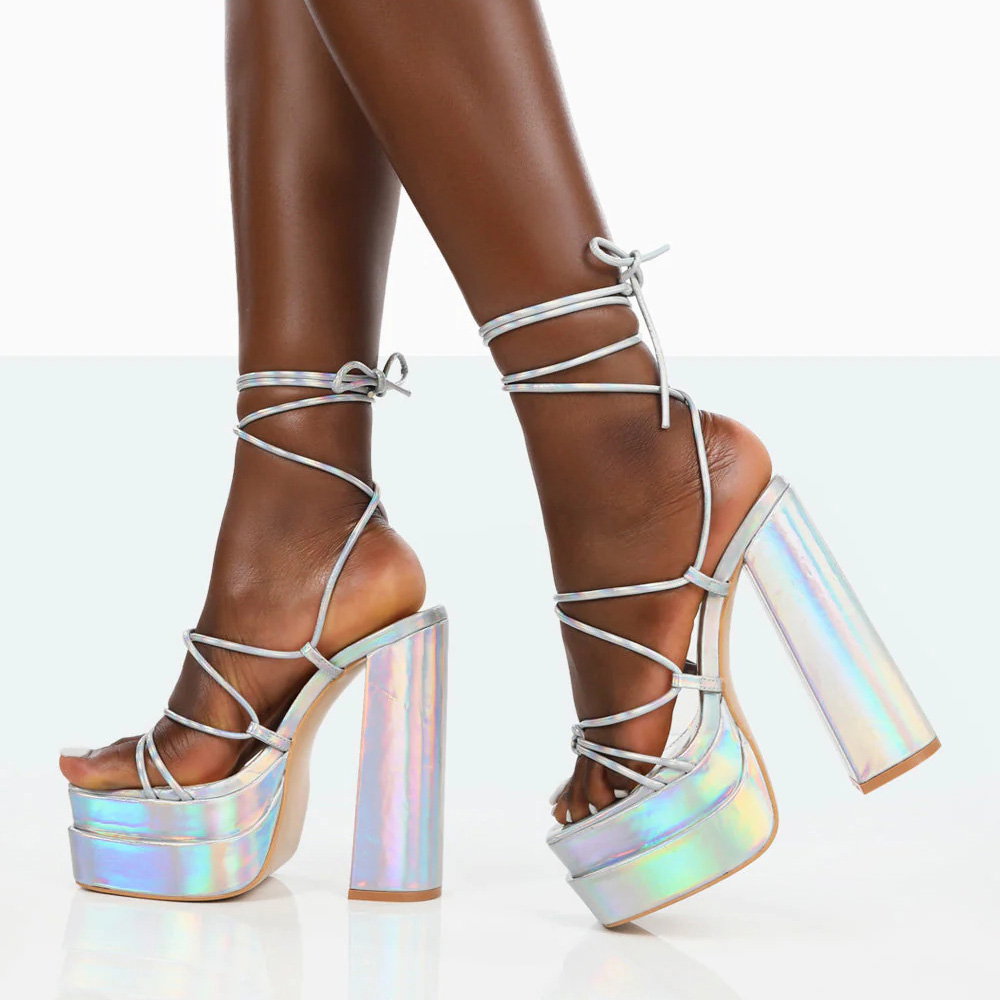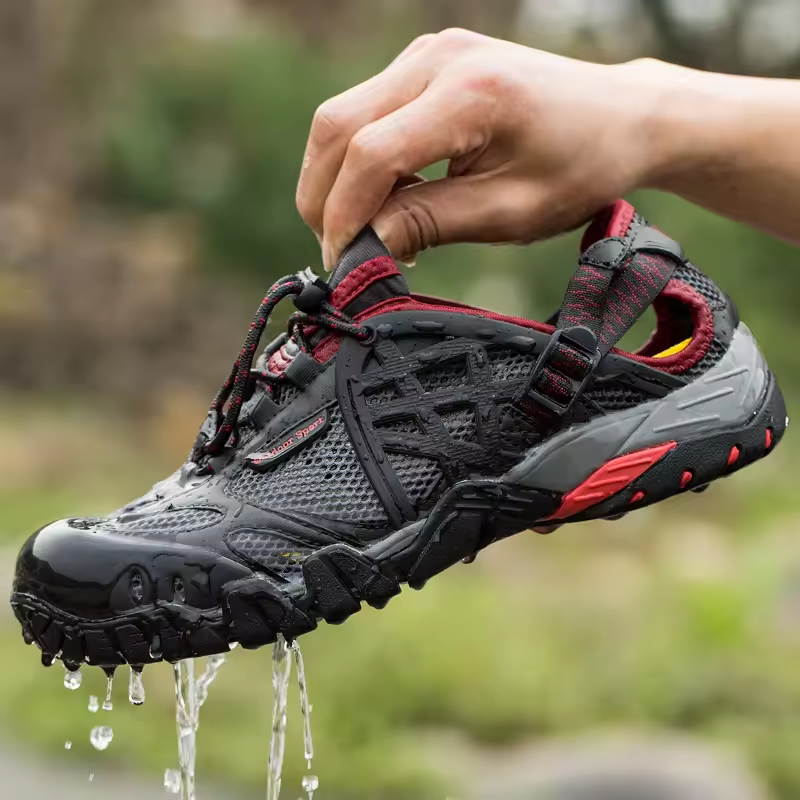Close-toed shoes are a standard choice for various activities, including work and casual outings. They offer a level of protection, especially for toes. However, they also have significant limitations when it comes to certain types of hazards. In this article, we will explore the various scenarios where close-toed shoes may not suffice in safeguarding the wearer. We will delve into specific areas such as slip resistance, impact protection, and breathability.
Slip Resistance: A Critical Concern
Close-toed shoes may not provide adequate slip resistance on wet or oily surfaces. While many styles feature rubber soles, the tread patterns may not be effective in preventing slips. This is particularly important in environments like kitchens or industrial sites. Why is slip resistance crucial? It helps prevent falls that may lead to injuries.
The Impact of Material Choice
The material of the shoe also significantly affects slip resistance. Many close-toed shoes are made from leather or synthetic materials. Although these materials can look elegant, they may also be slick. In contrast, specially designed slip-resistant shoes feature unique rubber compounds. These materials grip surfaces more effectively. Therefore, it’s essential to check the shoe’s specifications before purchasing.
Real-life Examples of Slip Hazards
Consider scenarios where slick floors are prevalent. In restaurants or cafés, spills are common. An individual wearing standard close-toed shoes may find themselves at risk. If they wear slip-resistant shoes, that risk diminishes. Thus, relying on standard close-toed shoes in such environments can be dangerous. It’s crucial to understand these oversight risks when selecting footwear.
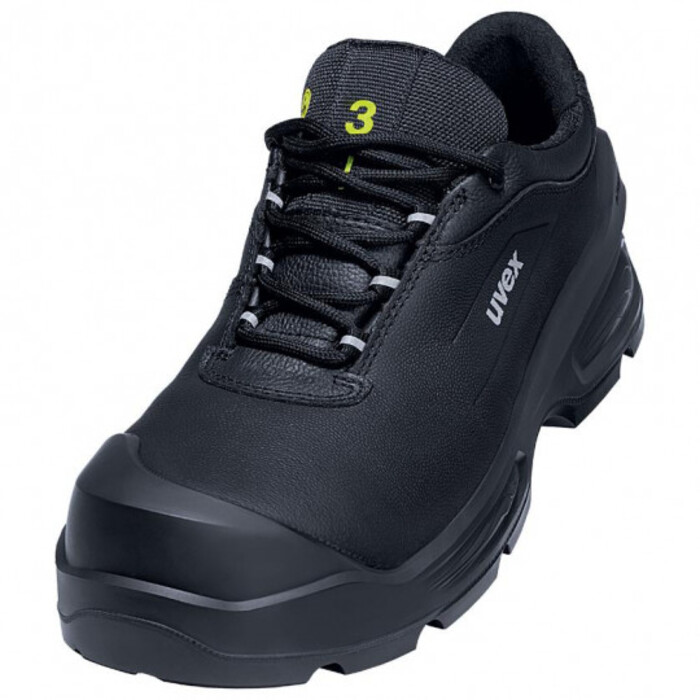
Impact Protection: The Need for Strength
Another area where close-toed shoes often fall short is impact protection. While they cover the toes, they don’t necessarily shield against heavy objects falling. Many workplaces, like construction sites, encounter such hazards daily. In these scenarios, specialized footwear known as safety shoes is essential. These shoes often contain steel or composite toe caps. Their purpose is to prevent injuries from heavy materials.
The Importance of Safety Ratings
When choosing safety footwear, it’s vital to look at safety ratings. The American Society for Testing and Materials (ASTM) has established standards. Shoes meeting these requirements offer a greater level of protection. Regular close-toed shoes do not usually carry these certifications. As a result, they lack the necessary reinforcement for high-risk environments.
Choosing the Right Footwear for Your Environment
Selecting the right footwear starts with understanding your environment. If your workspace involves heavy machinery or materials, prioritize safety shoes. Relying solely on close-toed options can lead to severe injuries. Therefore, always consider the risks present in your daily activities. Making an informed decision can affect your long-term safety.
Breathability: A Hidden Factor
Do you often find your feet feeling hot and sweaty? Close-toed shoes may not provide the necessary breathability for comfort. Many shoe materials trap heat and moisture. This situation can lead to discomfort or even fungal infections if worn for extended periods. Whether at work or during leisure, foot health is crucial.
Material Matters: Choosing Breathable Options
Selecting breathable materials can significantly enhance comfort levels. Options like mesh or perforated leather allow for air circulation. This choice is crucial for hot climates or strenuous activities. Therefore, consider trying shoes made from such materials. They will keep your feet cooler and more comfortable throughout the day.
The Link Between Breathability and Foot Health
Uncomfortable shoes can lead to a host of foot problems. Common issues include blisters, fungal infections, or even painful conditions like plantar fasciitis. If your close-toed shoes lack breathability, they may contribute to these ailments. Good footwear is essential for long-term foot health. Consider examining your footwear choices, especially if you experience discomfort.
Protection from Electrical Hazards
Surprisingly, close-toed shoes may not always provide protection against electrical hazards. In industries like construction or utilities, safety footwear is crucial. When dealing with electrical wires or machinery, specialized shoes are often necessary. These shoes often feature insulation that prevents electrical current from passing through.
Understanding Electrical Safety Ratings
The electrical safety standards for footwear exist for a reason. Shoes that meet these requirements undergo rigorous testing. If your job involves working with electricity, make sure you are wearing appropriate footwear. Regular close-toed shoes may not provide the protection you need.
The Risks of Ignoring Electrical Safety
Failing to choose the right footwear can result in severe consequences. Electrical shocks can cause injuries or even be life-threatening. Therefore, understanding your environment and the associated risks is essential. Always select safety shoes specifically designed for electrical hazard protection.
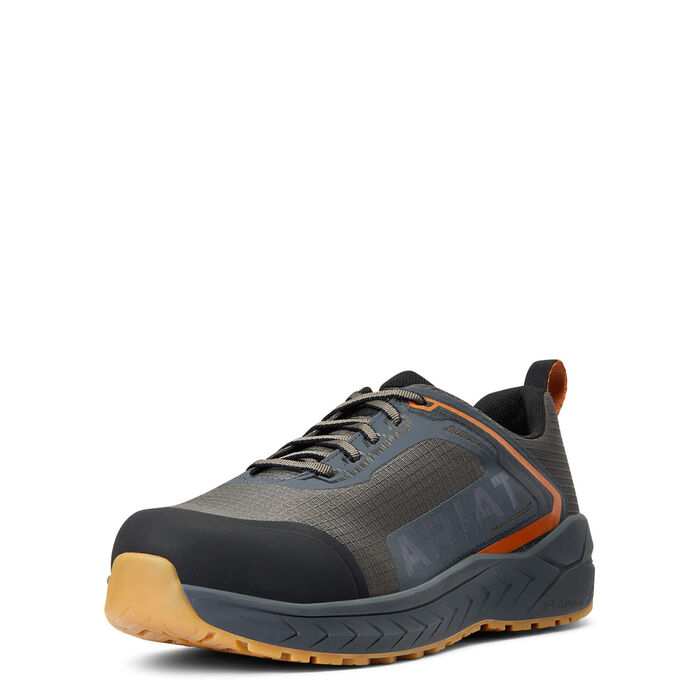
Weather Considerations: Rain and Snow
Close-toed shoes also face challenges during inclement weather. Rain, snow, and ice can render standard shoes ineffective. When wet, the grip can diminish, increasing the risk of slips. For those living in cold climates, choices matter. Close-toed shoes may not provide insulation against freezing temperatures.
The Importance of Waterproof Options
Waterproof footwear is essential for varying weather conditions. If you frequently encounter rainy environments, opt for waterproof close-toed shoes. Such options often contain specialized coatings or materials. These protect your feet from moisture and cold. This way, you can enjoy complete comfort year-round.
Preparing for Winter: Additional Concerns
Winter presents additional challenges, especially in snowy conditions. Consider shoes with good traction designed specifically for icy environments. Standard close-toed shoes may not grip well on such surfaces. If you overlook this factor, you could face injuries from falling. Always select appropriate footwear for the season to enhance safety.
Heat and Fire Resistance
Additionally, close-toed shoes may lack protection from extreme heat or fire. In industrial workplaces, safety shoes often feature fire-resistant materials. This safety cannot be overlooked in high-risk environments. Regular shoes simply won’t mitigate exposure to flames or high temperatures.
The Necessity of Fire-Resistant Materials
Fire-resistant shoes contain special fabrics and coatings. These materials can withstand higher temperatures, protecting your feet. If you are in a job that exposes you to heat, consider these specialized options. Regular close-toed shoes may not provide the necessary safety.
The Risks Associated with Ignoring Fire Safety
Forgetting about foot safety in heat-intensive industries can have dire consequences. Burns can result in long recovery times and pain. Ultimately, it’s not just about comfort; it’s about survival. Therefore, always choose the right footwear for your job conditions.
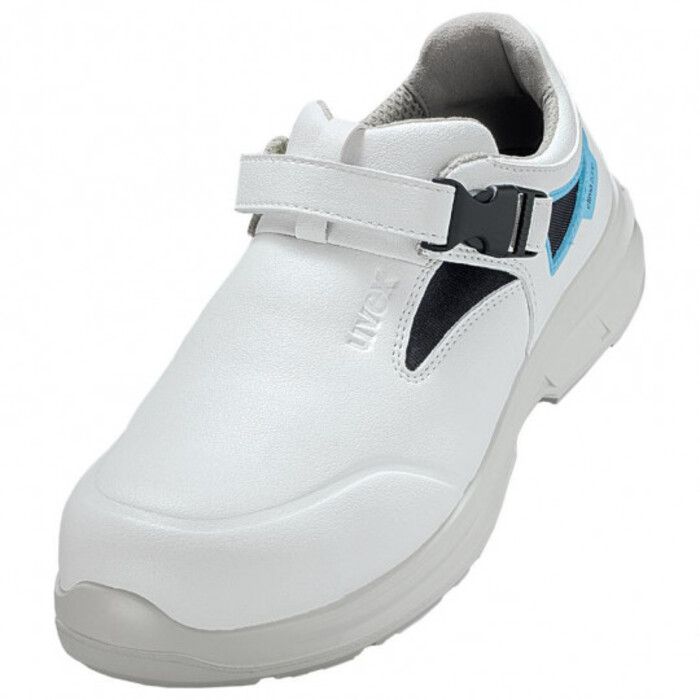
Chemical Protection
In various industrial settings, exposure to chemicals can be a serious concern. While close-toed shoes offer some toe protection, they may not safeguard against chemical splashes. Industries such as laboratories or manufacturing may require specific footwear. Safety shoes designed for chemical exposure often feature impervious materials.
Understanding the Importance of Chemical Resistance
Chemical-resistant shoes must meet specific standards. These shoes typically undergo testing to ensure they can withstand various substances. Regular close-toed shoes provide these features of protection, leaving your feet vulnerable. In the long run, your safety may depend on making informed footwear choices.
Risk Assessment: Evaluating Your Environment
Before stepping into an environment with potential chemical hazards, understand what you need. Evaluate your surroundings and select appropriate footwear. This initial assessment could save you from serious injuries down the line. Always prioritize safety by making informed decisions about footwear.
Summary: Making Informed Choices
In conclusion, while close-toed shoes offer some level of protection, they are not a one-size-fits-all solution. From slip resistance to breathability and chemical hazards, these shoes have limitations. It’s essential to evaluate your specific needs and environments before making footwear choices. Always consider specialized options when facing unique risks in your daily life. Your safety—and comfort—depends on it. With careful consideration, you can choose footwear that meets your requirements effectively. Being proactive will ensure your feet stay safe in various situations while still being comfortable.
